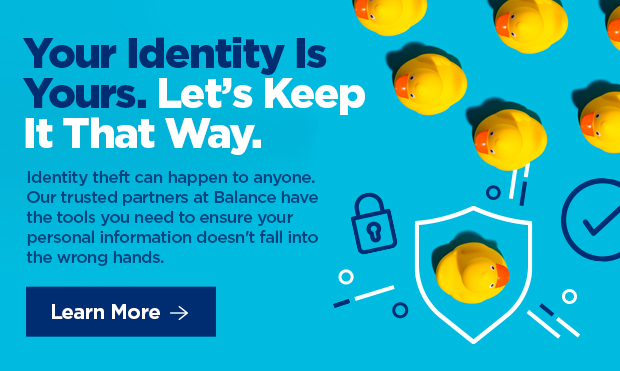Data Privacy Week (expanded from Data Privacy Day on January 28th) runs January 21 – 27th. According to the National Cyber Security Alliance (NCSA), Data Protection Day had been observed in Europe, and in January 2008, became known as Data Privacy Day in the United States and Canada. International Data Protection Day is celebrated on Jan. 28 to commemorate the 1981 signing of Convention 108, the first legally binding international treaty dealing with privacy and data protection.
Data Privacy Week is a great time for you and your kids to make sure you’re doing everything you can to protect your privacy online. Be sure you and your kids know the best practices for keeping safe online, and know what to do if you make a mistake.
To protect you and your family, the U.S. Federal Trade Commission (FTC) offers these tips:
Protect your kids:
- Talk to your children about never giving out their Social Security numbers, account numbers and passwords.
- Let them know that downloading “free” games, apps or other media can contain harmful software called malware, which can compromise their identity.
- Teach them about using strong passwords. The longer the password, the harder it is to crack. Login names, birthdates, addresses and common words or phrases are not safe passwords. Also, reinforce the importance to not share passwords with anyone, including their friends.
Protect yourself:
- Keep your software updated – Most apps, web browsers and operating systems will proactively offer the latest updates for increasing protection against cyber threats.
- Use Multi-Factor Authentication – Multi-factor authentication requires not only a password, but also another piece of information, such as a code sent to your phone or a number generated from an app or token, to log into your account.
- Use Encrypted Sites When Giving out Personal Information – To determine whether a site is encrypted, look for the letter “S” after the “http” in the beginning of a web address. This simple letter is a good signal to indicate the site is secure.
In addition to urging individuals to be vigilant in protecting themselves online, the NCSA is encouraging businesses “to keep individuals’ personal information safe from unauthorized access and ensuring fair, relevant and legitimate data collection and processing.”
Businesses are urged to abide by the following practices:
- Protect clients’ information with security measures to prevent unauthorized access.
- Know privacy laws pertaining to your business and educate employees on their responsibility to protect personal information.
- Create a culture of privacy within your company.
- Be honest and transparent about how your company collects and uses information.
- Know if and how vendors or partners are using clients’ information.
Data Privacy Week may only be observed once a year, but its principles should be practiced every day to keep your personal information out of the wrong hands.






Comments Section
Please note: Comments are not monitored for member servicing inquiries and will not be published. If you have a question or comment about a Quorum product or account, please visit quorumfcu.org to submit a query with our Member Service Team. Thank you.